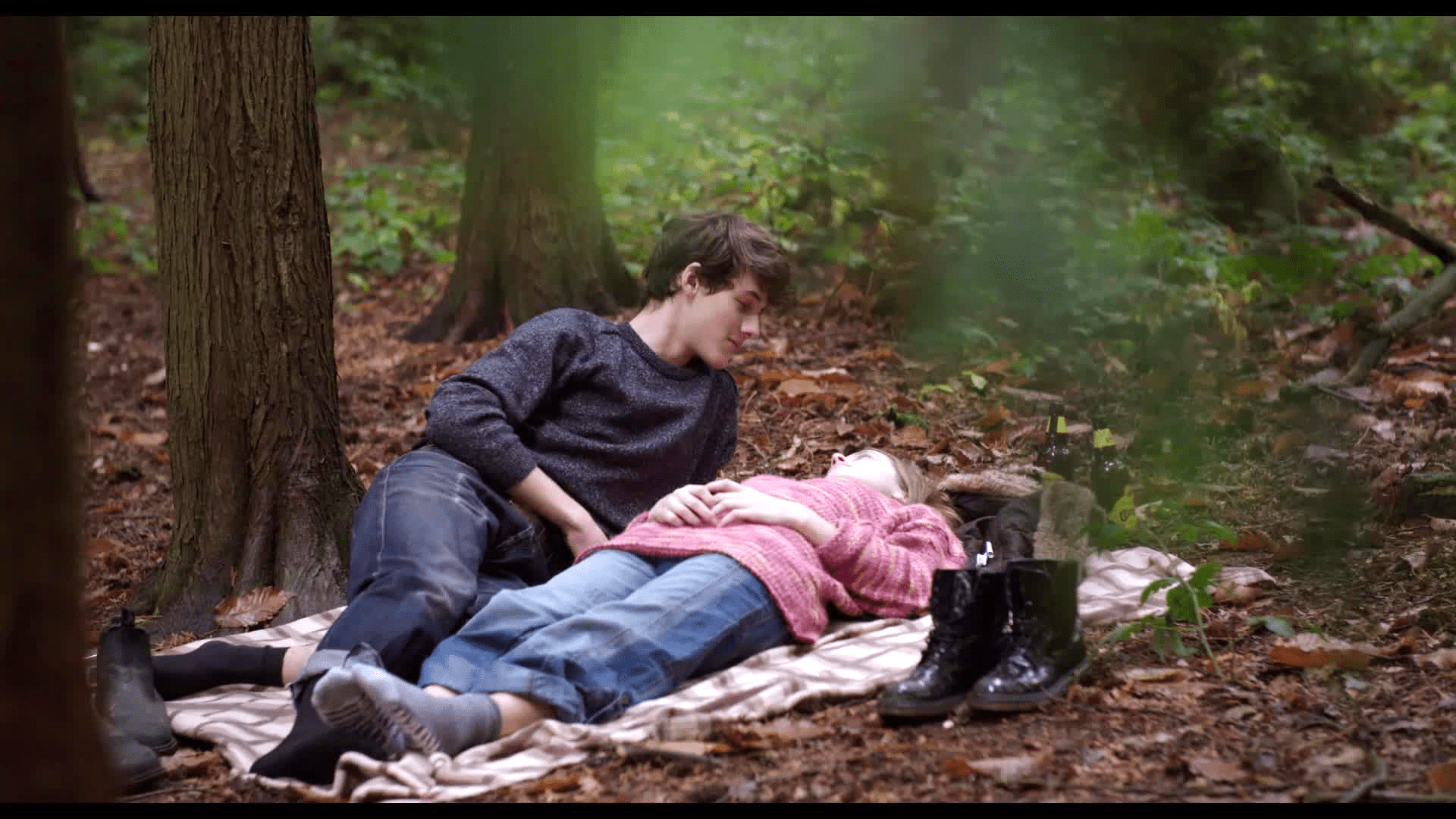Angelica Babiera | Arts Editor
Featured image: The Wasting follows a girl suffering from anorexia and begins to experience paranormal activity. | Courtesy of IMDb
Films that deal with controversial and powerful topics, such as mental illness and the stigma surrounding it, often have a large impact on society. Many discuss these films by relating them back to their own experiences, creating a conversation about issues often deemed taboo or “too personal” to talk about.
One example is the 2017 psychological thriller The Wasting, written and directed by Carolyn Saunders and co-produced by York alumna, Jeanne Stromberg.
The film is inspired by the true story of a girl that Saunders spoke to about her anorexia, and the “ghosts” that have been tormenting her.
Saunders was writing a T.V. show called Ghostly Encounters, which follows people experiencing paranormal events. As she interviewed people for research and content, she met this woman, who has been the sole inspiration for The Wasting.
“She told me how she was seeing this ghost who has been coming in every night and sitting on her chest, smothering her. So I started writing about that, because I was really interested in what was happening to her.
“Since she has anorexia, nobody believed that this was happening to her; everyone thought she was just hallucinating. Basically, she lost her voice and credibility, because she was dealing with a mental illness,” says Saunders.
In the film, protagonist Sophie (Lauren McQueen) and her family move to the U.K. She and her parents don’t seem to have the perfect relationship; they continuously try to protect her, while she strives to live her life as she pleases.
Sophie and her father’s conflicting wants and constant misunderstandings ultimately drives her into a hole of paranoia, anorexia, and paranormal experiences.
She turns to her Canadian friends and secret boyfriend for an escape from her undesired reality.
However, her anorexia and paranoia worsen, and by the time her friends try to help her with her mental illnesses, Sophie is too far deep in her own “self-made hell hole” that she begins to doubt her loved ones.
The film demonstrates Sophie’s struggles with an eating disorder, along with pressure from her peers, and her relationship with her parents. She wants to live life on her own accord, however, her parents restrict her from doing so. At the same time, her friends somewhat pressures her to standing up to her father, but she doesn’t want to come off as disrespectful.
She wants to please everyone, but she’s unsure how.
In an already-compelling film, its most notable aspect appeared to be the actors’ strength of their craft. For example, McQueen’s portrayal of an antsy, yet quiet Sophie, ties strongly with Saunder’s screenwriting.
At times, McQueen doesn’t show the character’s anger or fears through words, but rather through facial expressions; a talent very few actors can master. By a simple facial expression, viewers can tell how much pain Sophie is enduring.
Beyond the frights, sounds of creaking doors, and flashes of a black figure in the woods, The Wasting is beyond the thrills of the paranormal. It is able to connect to teenagers suffering with their everyday troubles, and can relate to those with mental illnesses.
When recalling on past screenings of The Wasting, Saunders adds: “We played festivals in the past year in Europe. We were in Italy for one of our festival runs, and it’s a really big youth film festival. They watched the films, and they have a jury and judge for them.
“We had a Q & A for a few hours. I stepped outside after it was done, and the kids were still lined up, waiting to talk to me; they all wanted to talk to me about their problems.
“They weren’t all anorexic; most of them talked to me about someone they knew who was suffering from anorexia, and some told me about being bullied, but they all told me their challenges because of the film.
“The kids were crying and hugging me. This just made me think: man, this is it. This is what it’s all about. This is what helps us become aware of things like this.”


